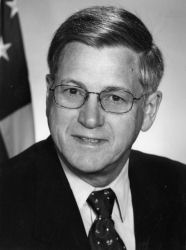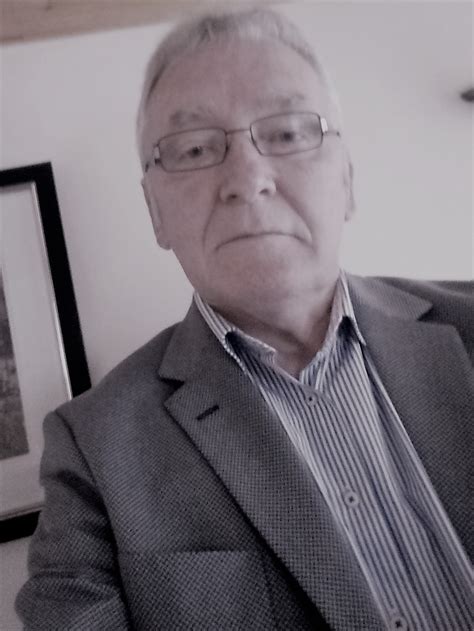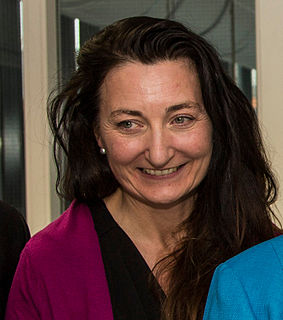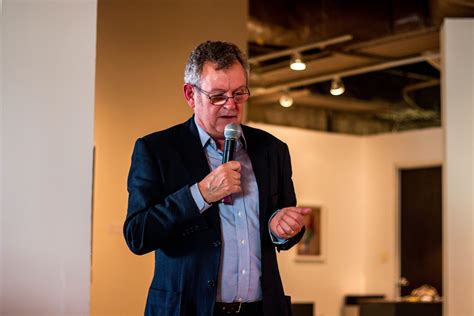A Quote by Jeff Duncan
The Census Bureau can ask citizens very invasive questions, and if they don't respond, the government shows up at their door and threatens them with a fine.
Related Quotes
The actual assertion that the Census Bureau could behave in such a way as to tilt things one way or the other way in the partisan sense, is, on the face of it, a silly charge. It's the same Census Bureau that's considered to be incompetent by some people, and then some of the same people are saying that this incompetent agency is so clever and so Machiavellian that it can design a census for partisan reasons.
One of the most important things in any leader or in any successful approach is to focus on connecting with people and really listening to them. We shouldn't just be saying, oh yes, the people are protesting. We need to ask them why they are protesting and try and figure out if there is something we can do to bring them in and respond to those concerns. That's not populism - that's being thoughtfully open to the fact that our citizens are allowed to have, and are even justified in having, very real concerns and questions for the people responsible for serving them.
Every man, every woman who has to take up the service of government, must ask themselves two questions: 'Do I love my people in order to serve them better? Am I humble and do I listen to everybody, to diverse opinions in order to choose the best path?' If you don't ask those questions, your governance will not be good.
Every man, every woman who has to take up the service of government, must ask themselves two questions: ‘Do I love my people in order to serve them better? Am I humble and do I listen to everybody, to diverse opinions in order to choose the best path.’ If you don’t ask those questions, your governance will not be good.
What you do is as important as anything government does. I ask you to seek a common good beyond your comfort; to defend needed reforms against easy attacks; to serve your nation, beginning with your neighbor. I ask you to be citizens: citizens, not spectators; citizens, not subjects; responsible citizens, building communities of service and a nation of character.
Someone told me recently, "You're like Oprah, man. People will tell you anything." I'll ask questions and I don't care. If you don't want to tell me, that's fine, but it's not going to be aggressive. I'm open, too. And no judgments. It's a combination of being willing to ask the questions, and being very open myself.
Being gay, you're kind of forced to ask, I suppose, very existential questions from a very, very early age. Your identity becomes so important to you because you're trying to understand it, and, I think, from the age of, like, 9, you're being forced to ask questions... that other kids maybe don't have to ask.
In general, questions are fine; you can always seize upon the parts of them that interest you and concentrate on answering those. And one has to remember when answering questions that asking questions isn't easy either, and for someone who's quite shy to stand up in an audience to speak takes some courage.
































